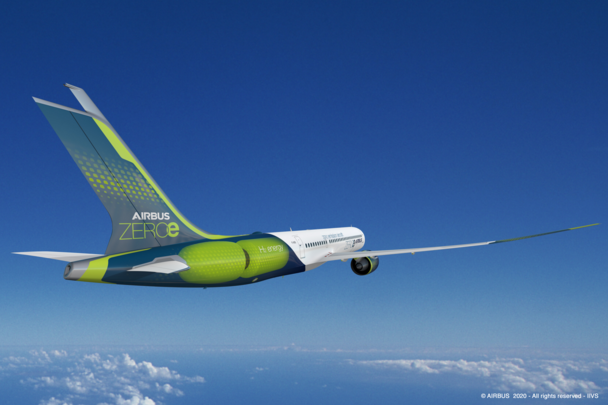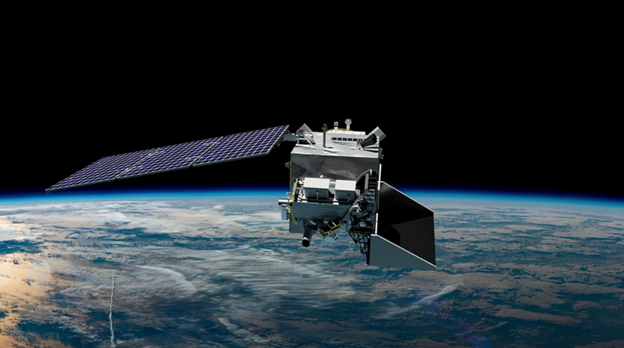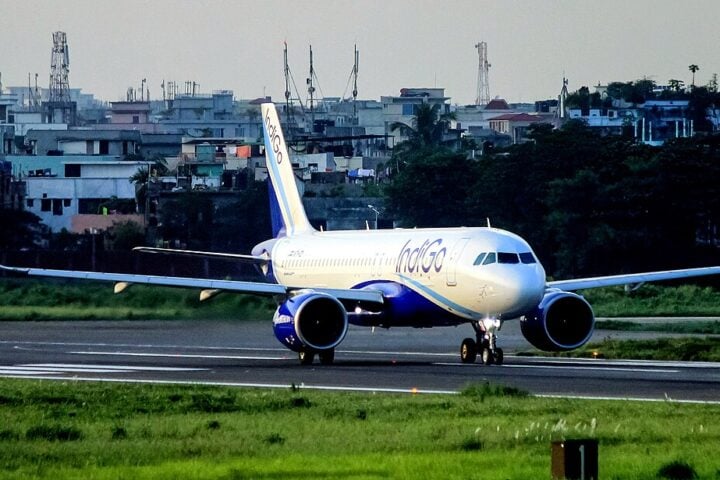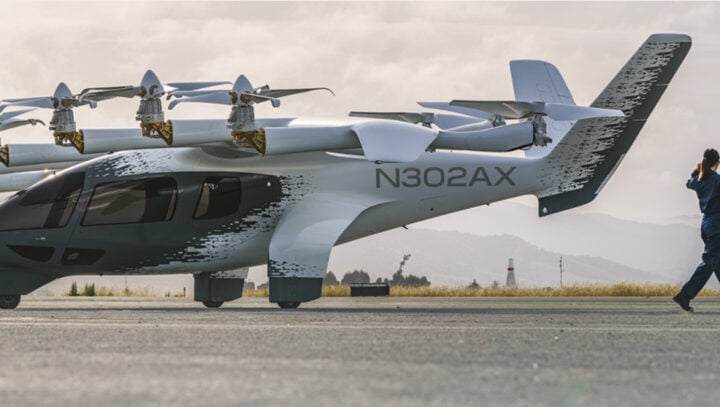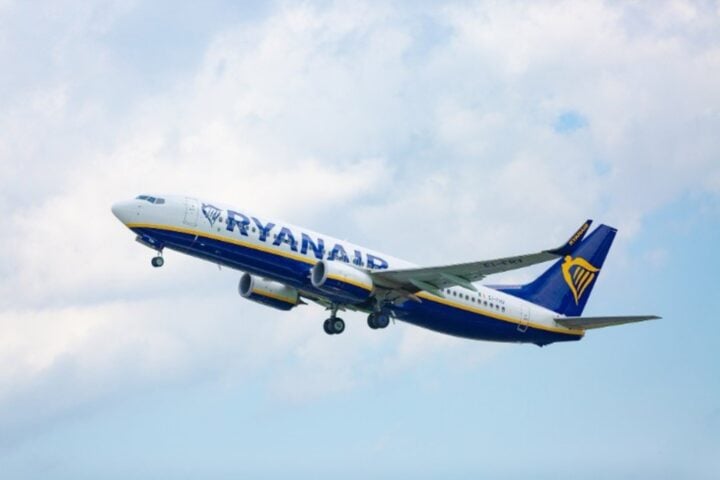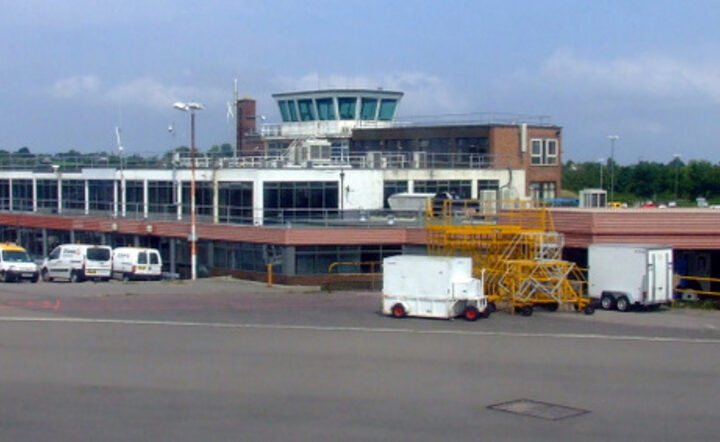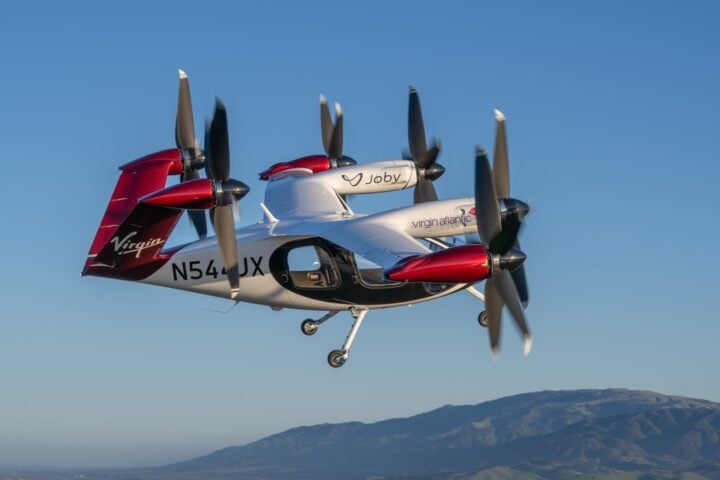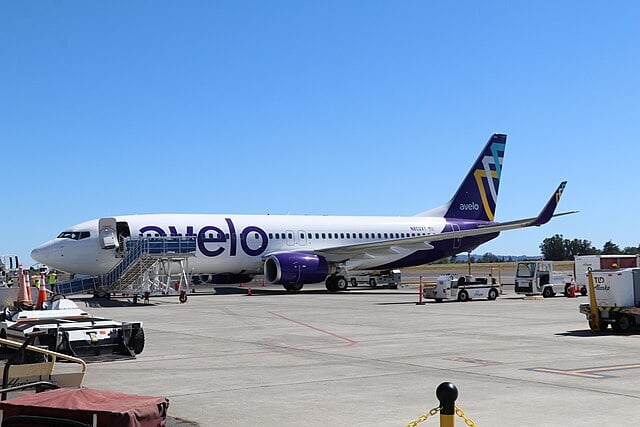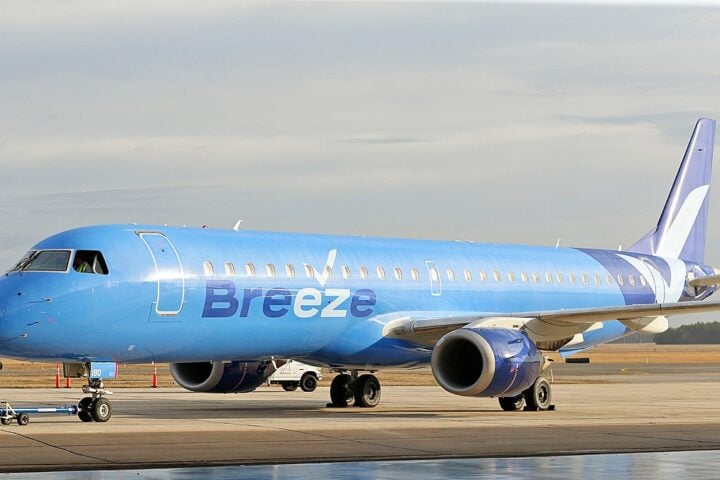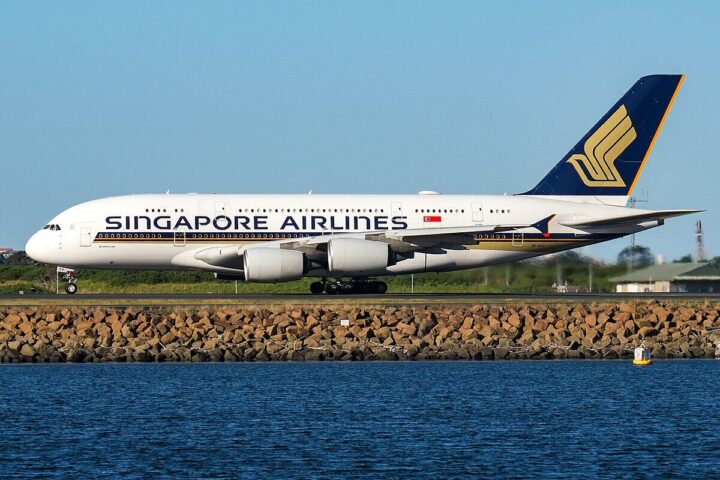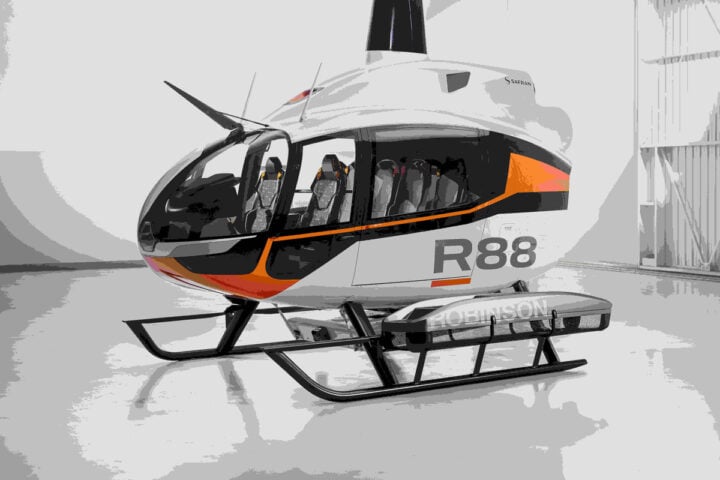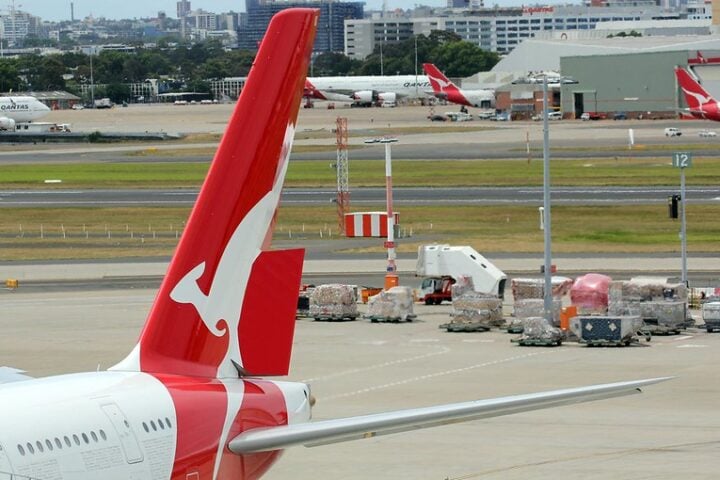At its location in Stade, Germany, Airbus has opened the ZEROe Development Centre (ZEDC) for hydrogen technologies, marking a significant step towards the decarbonization of the aviation sector. This tactical move supports Airbus’s goal of introducing the first hydrogen-powered commercial aircraft globally by 2035.
The goal of Stade’s ZEDC is to advance composite hydrogen-system technologies, which are essential for the distribution and storage of cryogenic liquid hydrogen. One noteworthy facet of the work conducted by the Zero Energy Development Center (ZEDC) involves the development of lightweight hydrogen devices, such as cryogenic hydrogen tanks, by utilizing durable and affordable composite materials. From basic components to assembly and manufacturing-related testing of these composite liquid hydrogen (LH2) tanks, the technological development process covers it all. A crucial component of this project is coordination with other Airbus national bodies, which guarantees a consistent and effective strategy throughout the organization’s network.
Airbus CTO Sabine Klauke emphasized the importance of this development, noting that “Establishing a composite-related ZEDC in Germany strengthens our research and technology footprint in the country and ensures the involvement, from the start, of leading experts to support our decarbonization ambition.” She also emphasized how the ZEDC will profit from a robust ecosystem for composite research and development, which includes the CFK NORD research center in Stade, the Composite Technology Center (CTC GmbH), an Airbus subsidiary, and synergies from space and maritime activities.
Similar Posts
Public finance plays a major part in the construction and running of the ZEDC in Stade, with contributions from numerous sources including the Lower Saxony State government and the LuFo Federal aeronautics research program. In addition, it is anticipated that the center will work in tandem with the upcoming Hydrogen Technology Centre (ITZ) in northern Germany, therefore expanding the potential of hydrogen technology and making a substantial contribution to the aviation sector’s decarbonization.
This program is a component of a larger Airbus endeavor to decarbonize aviation, with related initiatives being carried out at Airbus locations in Nantes (France), Bremen (Germany), Filton (UK), and Madrid (Spain). The purpose of these centers is to work together to fly an airplane driven by hydrogen by 2035, which would be a significant step towards sustainable aviation.
An important milestone in Airbus’s transition to sustainable aviation has been reached with the opening of the ZEDC in Stade, which demonstrates the airline’s dedication to both environmental responsibility and innovation. This development aims to reshape air travel in the future in a way that is more ecologically friendly and sustainable, in addition to introducing new technology.
